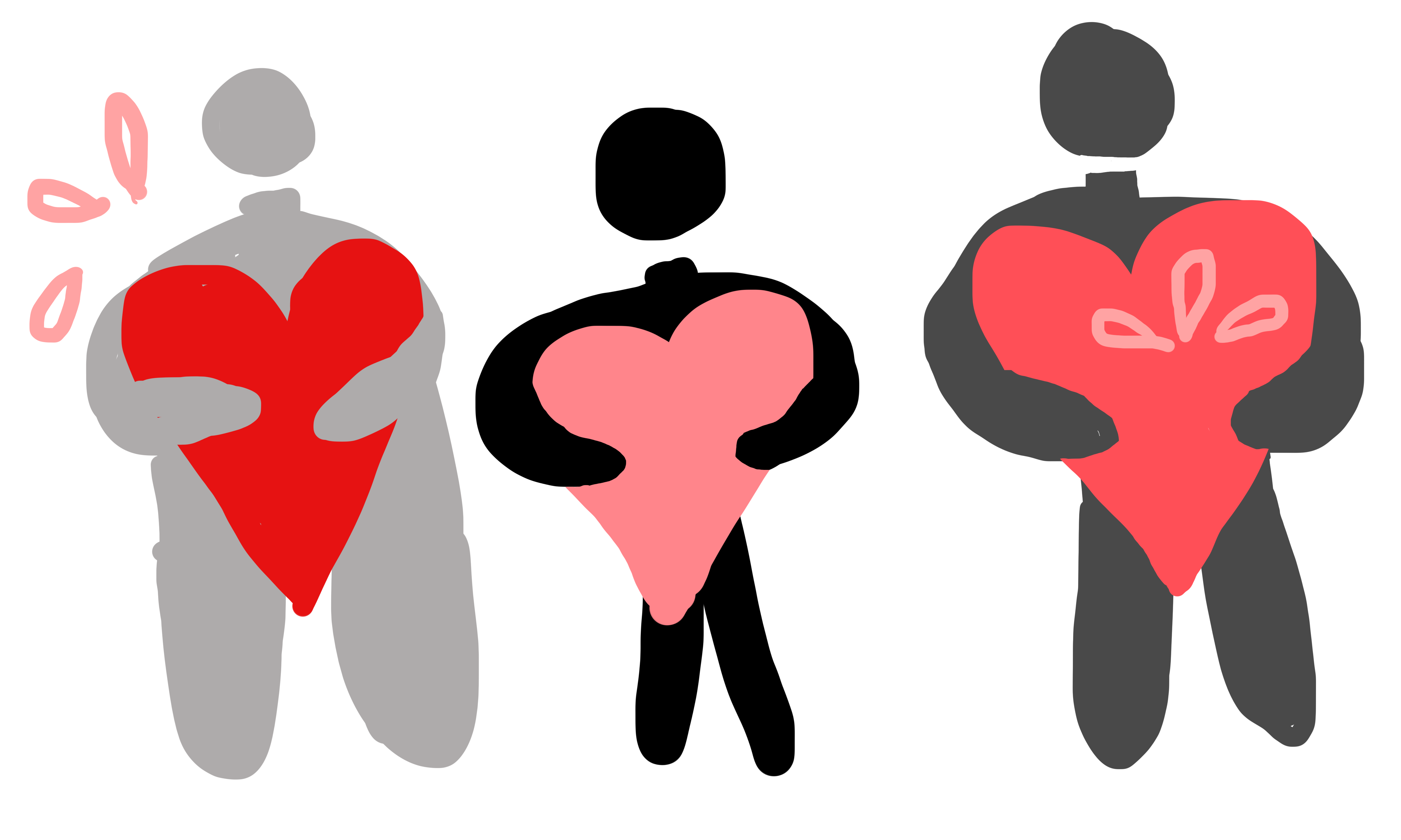*Trigger Warning: Talks about eating disorders, self-harm, mental health*
The Health at Every Size organization is focused on ending weight discrimination and promoting self-love through healthy habits.
“[It’s] an advocacy group to support people living in larger bodies to be able to achieve health equity, social equity,” Karin Evans, a professor of human nutrition said, adding that the organization also promotes the understanding when you are in a larger body.
“I feel like if you are comfortable in your own body that will prevent things like suicide and bodily harm,” Ka’Darrius Ellerbe, a freshmen psychology major, said.
Weight discrimination can lead to habits such as overexercising or under-eating, which can lead to an eating disorder.
An estimated 90 to 95% of college students that are diagnosed with an eating disorder also belong to a fitness facility, according to the National Eating Disorders Association website.
“[This is] the only body that you are going to have so you might as well be comfortable with it and treat it nicely,” Catie Ellis, a junior special education major, said.
Evans advises that the best way to combat these internal feelings is to become more comfortable talking about these topics. This will allow a ripple effect on these topics to be more openly talked about among peers.
On campus, there are eating disorder specialists and physical fitness professionals that students are able to talk to in the West Center. However, students are more than welcome to these resources even if they just want to be better with their health.
Erica Langford, a human nutrition major, said that a person does not have to be diagnosed with an eating disorder to talk to someone “about their relationship with their body and what they are eating.”
Langford advises that you should not “follow people who make you feel bad about yourself.” She promotes that students should talk to several of the on-campus dietitians and groups that promote self-love.
However, for students who do struggle they often “get caught up in that they need to love their body every day and you don’t need to love your body all the time to take care of yourself,” Langford said.
Evans’ advice to promote healthy habits is to listen to internal cues to figure out how your body is feeling. A person’s body has signals to inform someone of what it needs whether that is sleep, food or exercise.
As a way to combat and prevent body discrimination, HAES was created. This organization was made as a movement to embrace all body types and to end the stigma that all diets are healthy.
It also speaks about how individuals are genetically different and that is why some people should not put their bodies through harsh diets and strenuous activities to achieve a body that is genetically impossible.
On the HAES website it says that the organization “challenges scientific and cultural assumptions” and “values, body, knowledge and lived experiences.”
For more information about the Health At Every Size movement or to join, go to https://haescommunity.com/.
Graphic: Maggie Claytor/ The Johnsonian




